Many Americans might be surprised to discover that there’s a long list of foods banned in Europe. This is because the US has more lenient food ingredient regulations, potentially exposing consumers to carcinogens and harmful chemicals. The discrepancy lies in the fact that American food manufacturers can use additives that are banned in Europe due to their associated significant health risks.
One of the reasons behind this gap is the US Food and Drug Administration’s (FDA) “generally recognized as safe” — or GRAS — designation. Originally, GRAS was created with the intention of fast-tracking the use of common ingredients with well-established safety profiles, such as table salt and vinegar. This meant manufacturers could skip the FDA’s exhaustive safety review process, ensuring their products reached the market faster.
But as time passed, this leniency has been exploited by the food industry. Companies use the GRAS designation as a shortcut, introducing thousands of additives — some with known and unknown health risks — into American food products. Read on to learn about the top five foods banned in Europe, and why.
Related: Top 8 American Foods Banned in Other Countries
1. Titanium Dioxide
Titanium dioxide, also known as E171, is banned in European food but remains a common whitening agent in American candies, including Skittles, Starbursts, Sour Patch Kids, Jell-O and more.
While the FDA believes the levels of titanium dioxide in US food are safe, the International Agency for Research on Cancer categorizes it as a Group 2B carcinogen, indicating a potential risk to humans if inhaled. This classification was grounded on studies showing that high doses of fine titanium dioxide dust led to respiratory tract cancers in rats when inhaled.
Most research, however, suggests that the amount of titanium dioxide ingested from food is minimal, posing little to no risk to human health.
2. Azodicarbonamide
In the US, flour can be treated with a compound called azodicarbonamide, serving as both a bleaching and dough-fortifying agent. This compound, however, is prohibited in Europe as well as Australia due to its potential to degrade into a carcinogenic component.
When azodicarbonamide decomposes in dough, it generates semicarbazide (SEM) and urethane. The National Institutes of Health has identified urethane as a potential carcinogen for humans. Additionally, studies have indicated that SEM can elevate tumor occurrences in female mice.
Major fast-food chains like McDonald’s, Dunkin Donuts and White Castle have gradually eliminated this ingredient from their offerings, though it remains in certain products. For example, the ingredient list for Arby’s croissant still mentions azodicarbonamide, making it one of several foods banned in Europe.
3. Propylparaben
While the FDA has classified propylparaben as GRAS for use as an antimicrobial preservative in food products, the European Food Safety Authority (EFSA) prohibited its addition to food in the early 2000s.
Though it hasn’t been directly linked to cancer, there are concerns about its potential effects on fertility and endocrine system function. A 2002 Japanese study discovered that the levels of this substance approved by the FDA led to a decrease in sperm count in young rats.
Parabens, which are also prevalent in cosmetics, can interfere with the regular operation of human hormonal systems, affecting both male and female reproductive health, development, fertility and birth results. The Environmental Working Group (EWG) identified several food products containing this chemical, such as Entenmann’s Coconut Crunch Donuts and Sara Lee Honey Glazed Buns.
4. rBST/rBGH
The compound rBST, also referred to as rBGH or bovine somatotropin, is a human-made variant of a hormone naturally produced by cows for managing metabolic activities. It’s been used to enhance milk production in dairy cows for several years but has been banned in Europe since the 1990s.
There’s been varied research regarding the synthetic hormone’s association with breast cancer. Using rBST results in higher concentrations of insulin-like growth factor 1 (IGF-1), a protein typically present in milk. Some studies hint at a connection between increased IGF-1 levels and the development of prostate, breast and colorectal cancers.
Not to mention, the synthetic hormone can cause several medical conditions in cows, leading to increased antibiotic use, which means more antibiotics in milk, yogurt and other dairy products.
5. Brominated Vegetable Oil
Most consumers know that sodas contain sweeteners, but a lesser-known ingredient found in some sodas and sports drinks can jeopardize the nervous system. This ingredient is brominated vegetable oil (BVO), rounding out the list of foods banned in Europe.
Citrus-flavored beverages are particularly prone to containing BVO. The substance, created by binding vegetable oil with bromine, adds density to the flavor mixture. This ensures it melds with the sugared water, preventing flavor separation.
Up until recently, popular fruit drinks from leading brands like Coca-Cola and PepsiCo, including Mountain Dew and Gatorade, contained BVO. Now, it can still be found in some lesser-known citrus drinks, such as Sun Drop, made by Keurig Dr Pepper.
Various brominated compounds are associated with a range of health concerns, notably damaging the nervous system. BVO tends to accumulate in the human body. Studies have indicated that prolonged consumption of beverages containing high BVO levels can lead to symptoms like headaches, skin and mucous membrane irritation, fatigue, muscle coordination disruption and memory lapses.
If you want your company to be featured on Xtalks.com, please email [email protected].

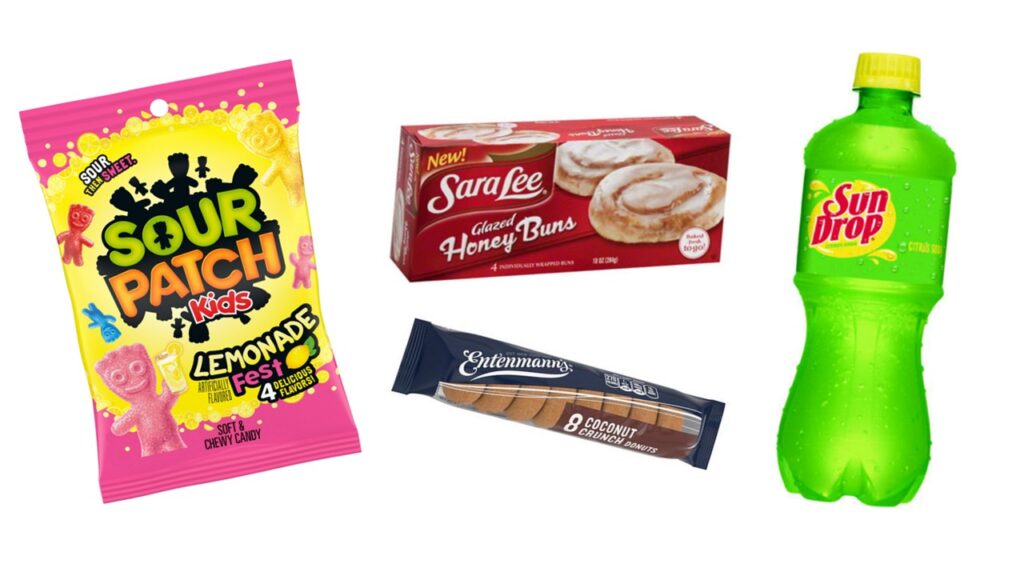
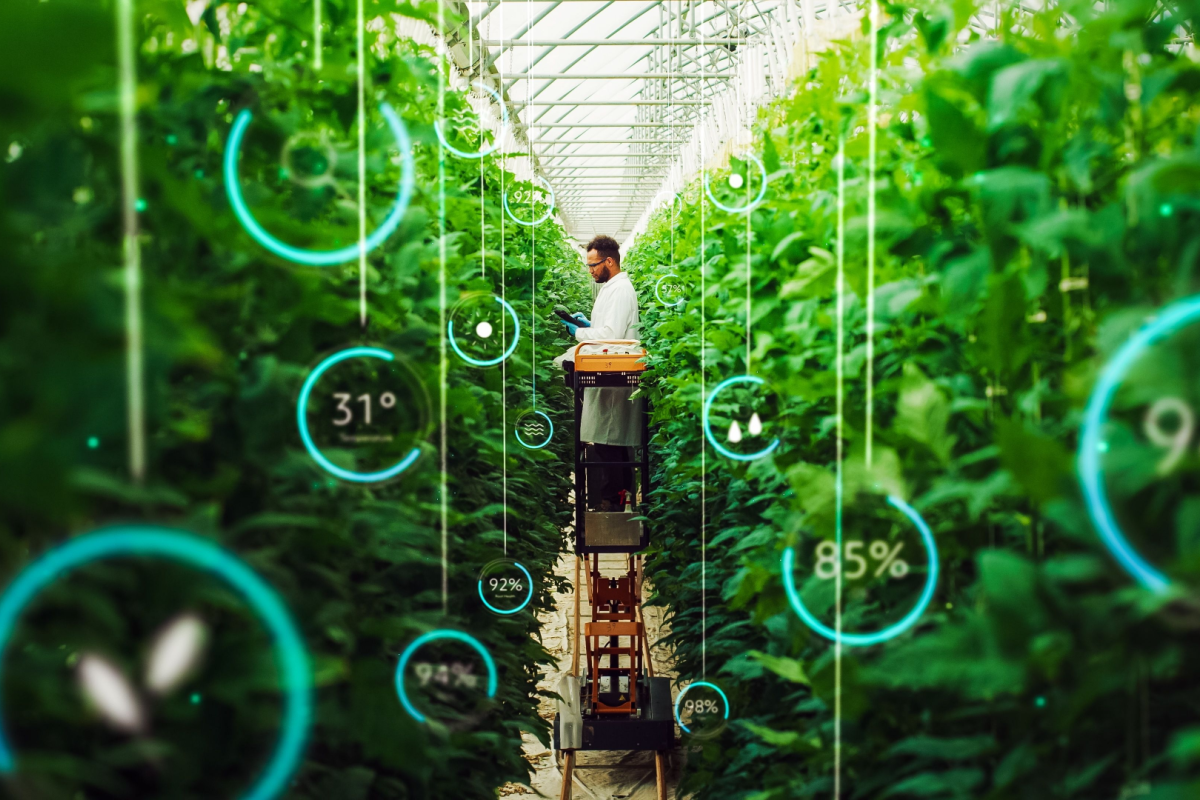
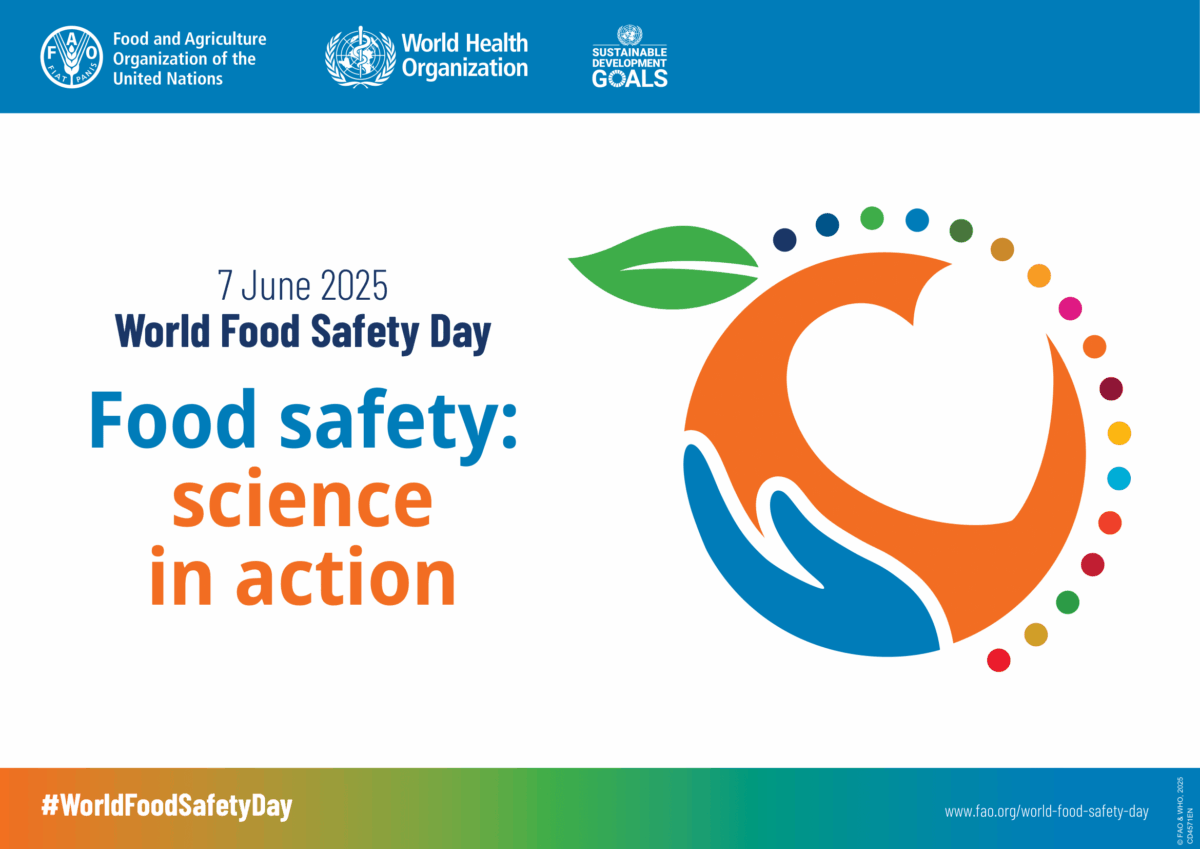
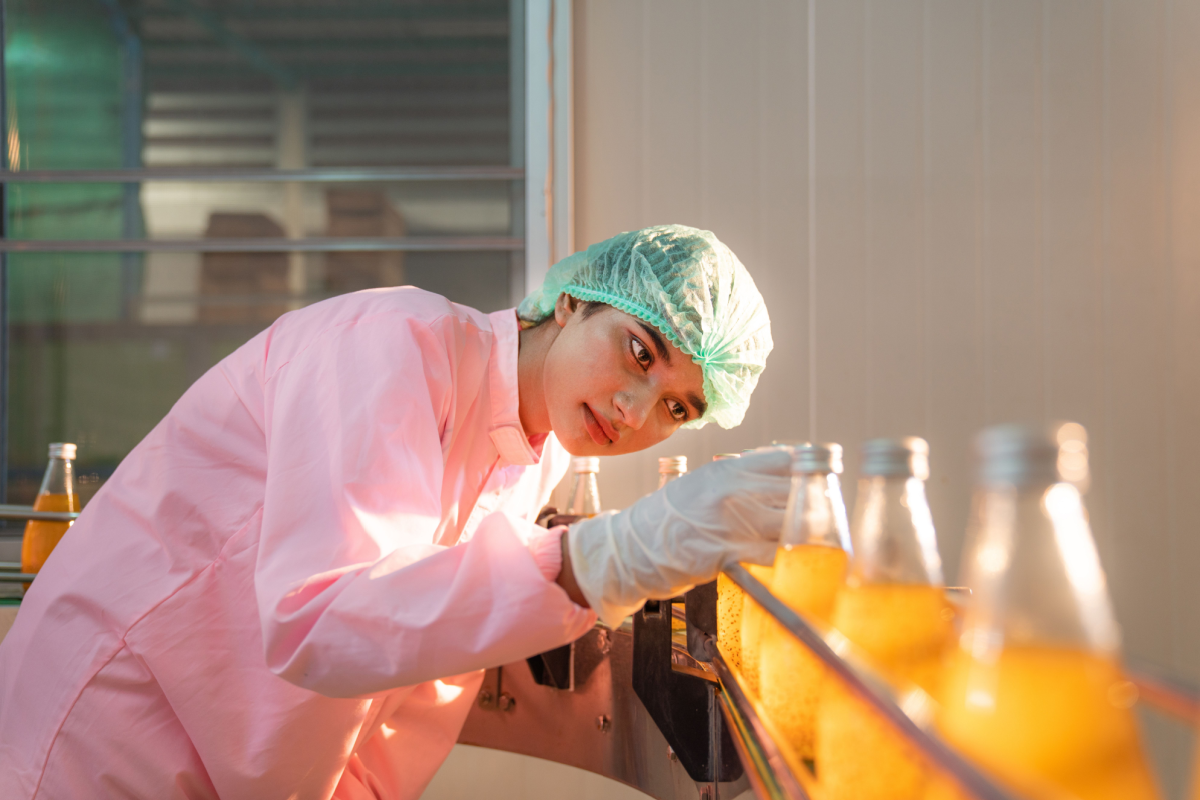
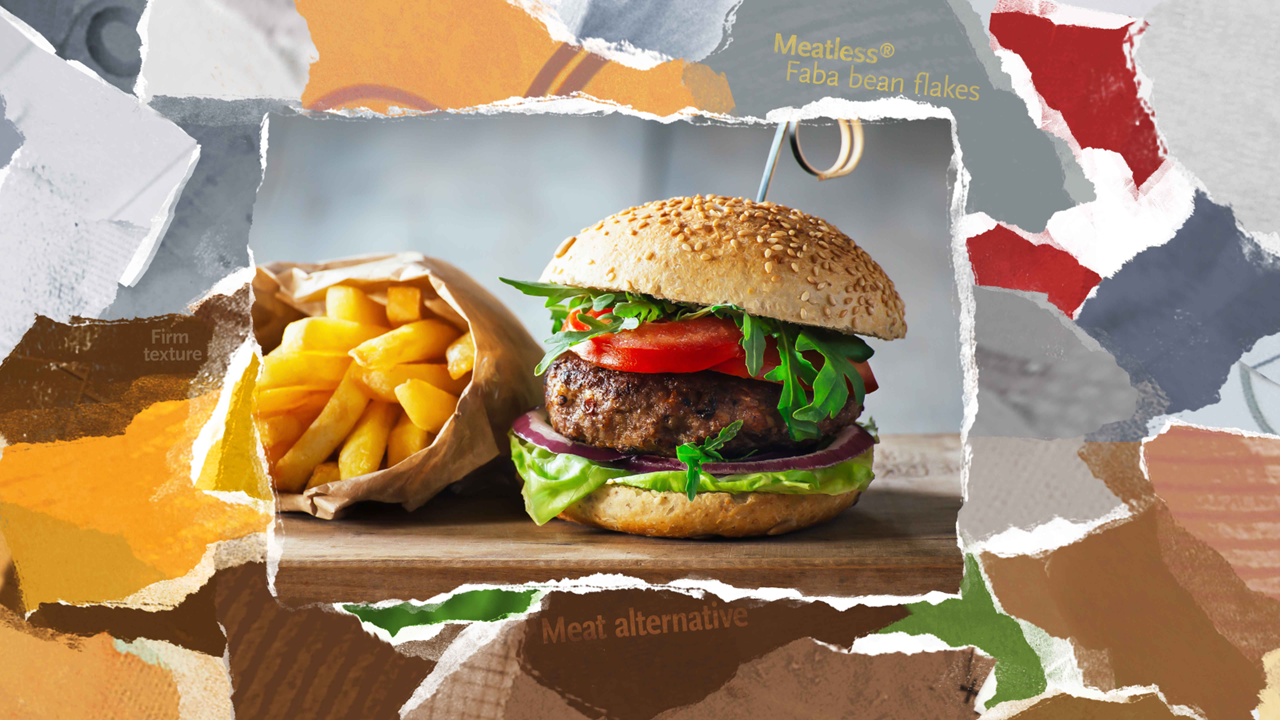
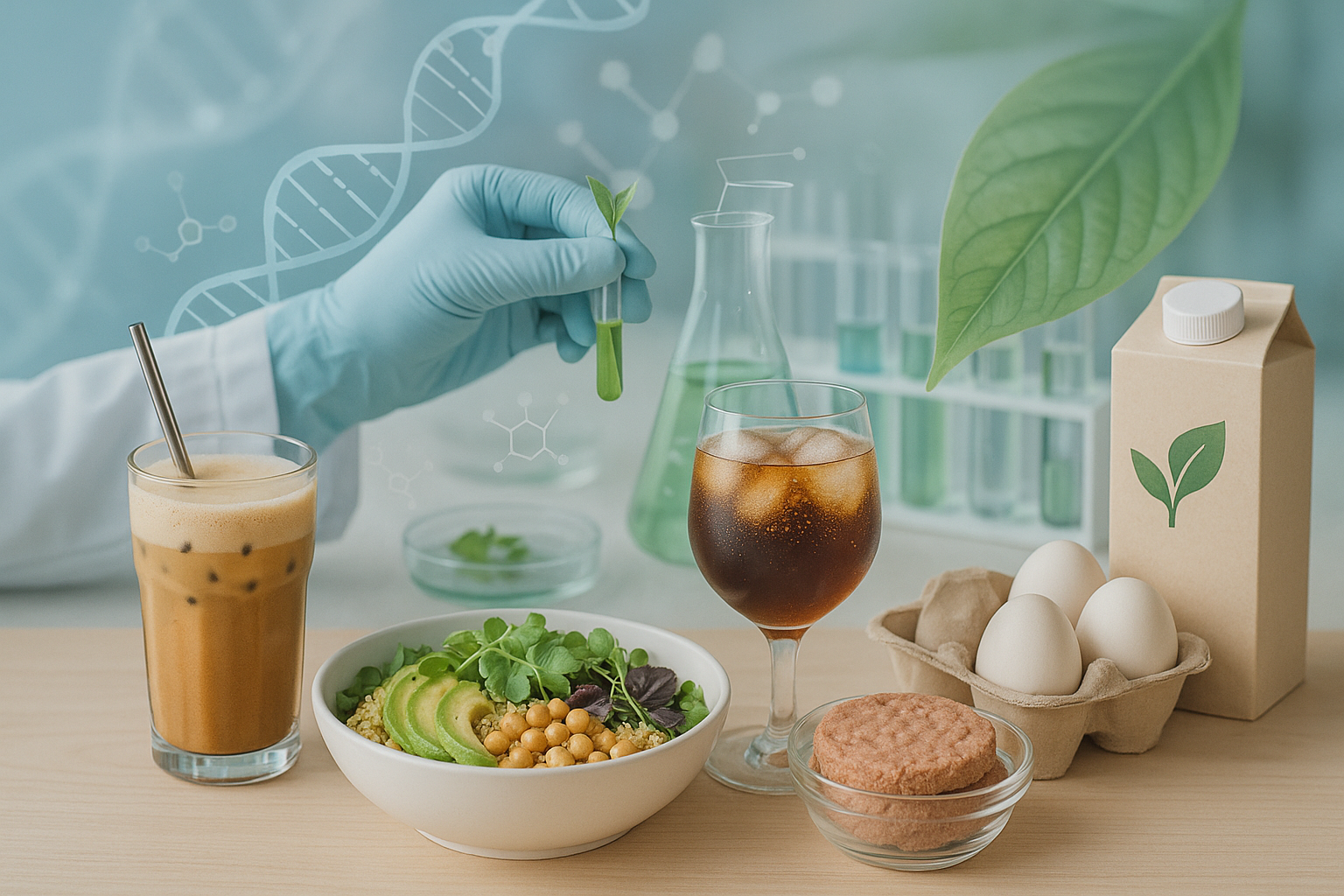





Join or login to leave a comment
JOIN LOGIN